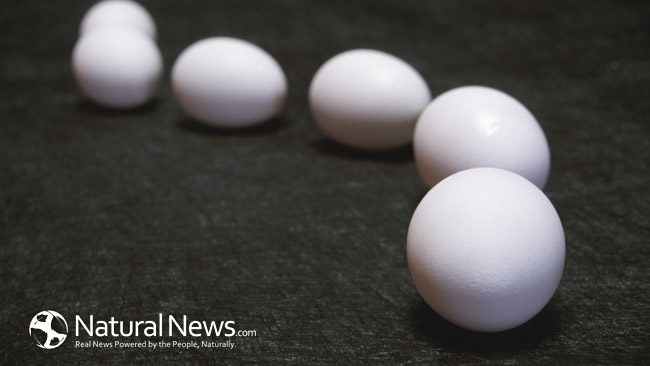Protein is an essential component of the body. The organs, muscle, brain, nerves, and immune system are all, to some degree, comprised of protein. You name the body structure, and it probably has some protein in it. Since protein is one of the fundamental building blocks for the body, you need to ensure that you get enough in your diet.
Lack of Protein has signs and symptoms depicted in the body changes.
7 Adverse Effects of Protein Deficiency
Thinning Hair
While genetics can be an important factor in thinning hair, protein deficiency can also be a cause. When we are not getting enough protein the body goes into “conservation mode” and stops sending valuable protein to nourish hair and nails. That is why hair and nail health are important indicators when it comes to checking whether or not you are protein deficient.
Swollen Eyes
Protein deficiency can lower the amount of plasma protein you have in blood which can lead to a condition called Oedema. This decrease in plasma protein can be caused by the liver not storing enough iron. If Iron is not available to help the production of haemoglobin, Anemia can be the result and swelling begins.
Fatigue
Deficiency of protein might affect your state as well. This is due to low energy. Proteins help in stabilizing the sugar levels present in our body and lack of enough proteins can reduce your mental alertness thereby hindering the ability to respond. Hence, you feel tired, low and weak.
Muscle Loss
Protein deficiency leads to muscle loss. The size of your muscle starts decreasing with protein deficiency. If your body doesn’t get adequate protein from your diet, it starts cannibalizing its own tissue to meet its requirements.
Constant food cravings
You might assume a protein shortage would create a hankering for a hamburger or T-bone steak. Experts, however, have found that without the protein necessary to steady your blood sugar, your body instead looks for a more immediate solution. Translation: Candy and other junk food to fill the gaps.
Frequent illnesses
Are you otherwise in good health but find yourself using all your sick days every year? More protein could be your best prescription. Protein is key to a strong immune system. It’s the foundation of red blood cells, white blood cells, and antibodies, all of which work together to fend off bacteria, viruses, and other pathogens in your body.
Diarrhea
Chronic diarrhea can be a sign of malabsorption, which means nutrients are not being fully absorbed by your body. Malabsorption can be triggered by infection, surgery, certain drugs, heavy alcohol use, and digestive disorders such as celiac sprue and Crohn’s disease.
Foods that are high in protein
Legumes such as beans are rich source of vegetable protein but can be a little hard to digest, so prepare them with vegetables and make sure you chew them well.
Eggs, again for non-vegans, contain some protein but more importantly all eight essential amino acids, which helps address deficiencies.
Grains contain more protein than most people realise, especially quinoa and amaranth, and when combined with another grain can deliver more protein than a serving of meat.
Additional Sources:
livestrong.com, fitlife.tv, shemakesmagic.com
Read :






